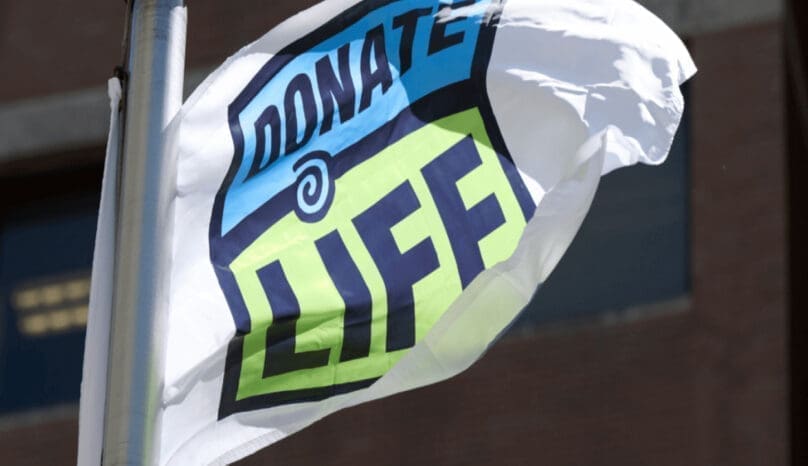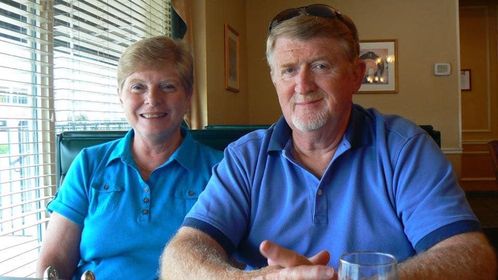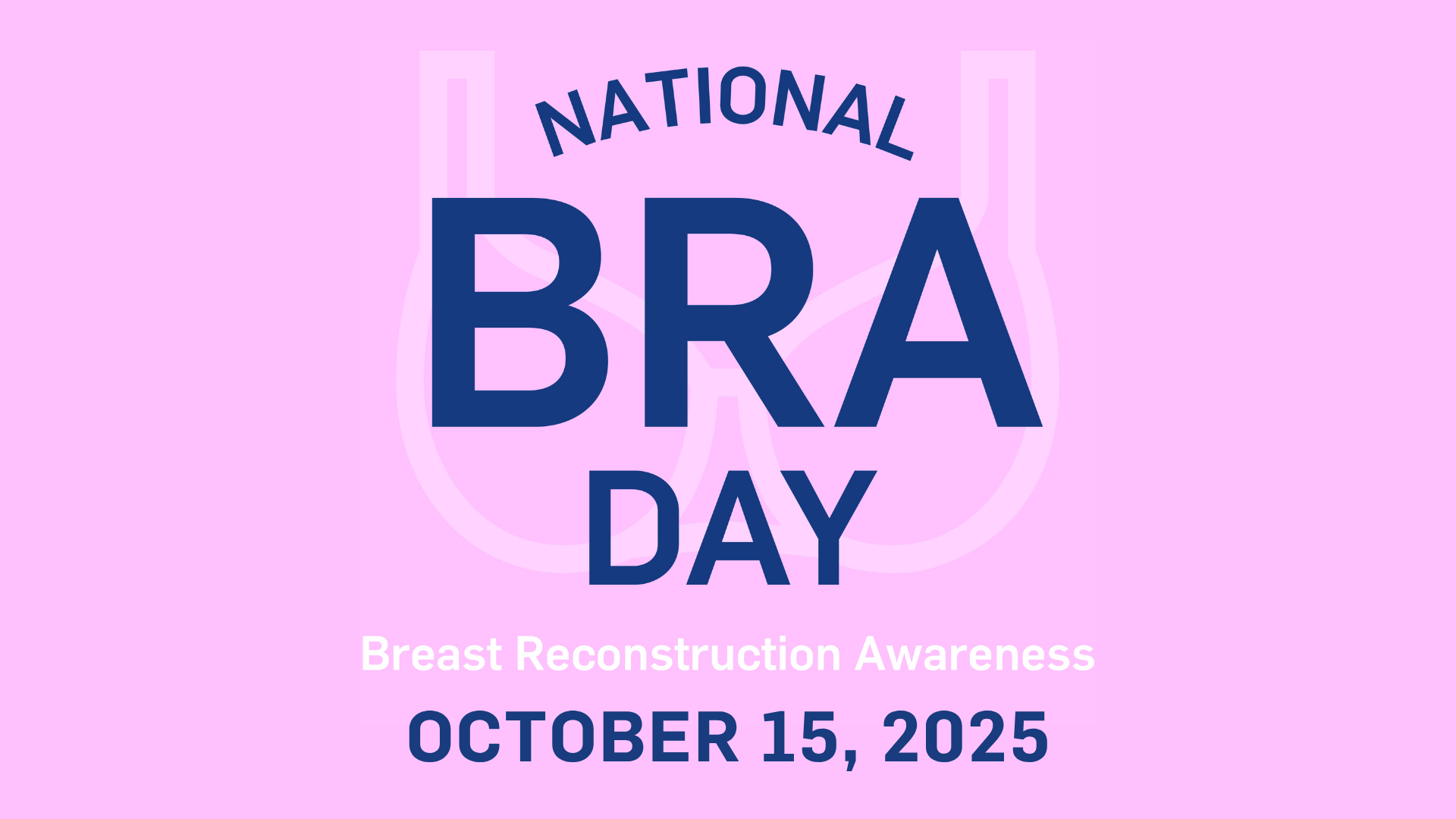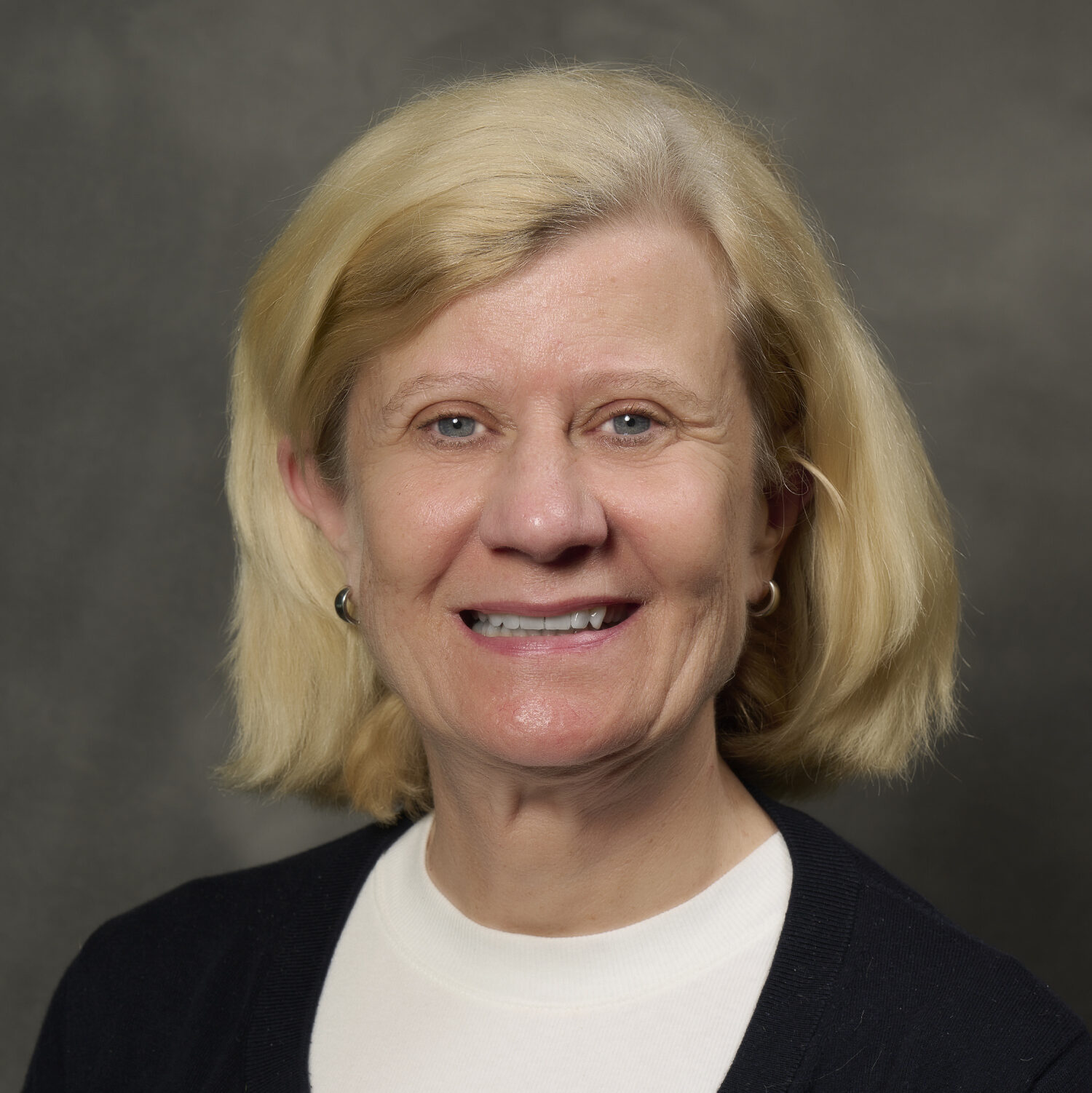Did you know that up to eight lives can be saved by donating your organs and more than 75 people can be healed through tissue donation? In an effort to explain the organ and tissue donation process and encourage more Americans to become donors, we’ve compiled a list of the most frequently asked questions about organ and tissue donation.
- Q: Why is it important to register as a donor?
A: When you register as an organ, tissue, and eye donor, you pledge to give the gift of life and leave a legacy of love and healing. While you may never see the impact of this personal decision first-hand, it’s a legacy that will be seen and felt by your friends, family, and community.
Registering as a donor is an important step for anyone who wishes to help others through the gift of donation. If you register to become a donor, you relieve your grieving family of having to make a decision when you die. Having your decision to donate documented also ensures that it will be carried out, if medically possible.
- Q: Does my religion support organ donation?
A: There is one main question that people ask when it comes to donation and religion. The question is whether individual religions support donation and the answer is yes! Nearly all religious groups support donation and transplantation as long as it does not impede the life or hasten the death of the donor. Donate Life America includes a series of statements made by different faith denominations addressing organ, eye, and tissue donation and transplantation.
When someone dies, having a spiritual connection or faith can ease the pain of losing a loved one. Knowing that organ, eye, and tissue donation saves the lives of thousands every year can do the same.
- Q: How are organs from deceased donors allocated?
A: Individuals waiting for transplants are listed by the transplant center in their area. Their name goes into a national waiting list maintained by the United Network for Organ Sharing (UNOS). Donated organs are matched with individuals from the waiting list. Matching is based on a variety of factors including blood and tissue types, medical need, length of time on the waiting list, and size of donor and recipient.
- Q: Who can become an organ or tissue donor?
A: Anyone can register to be a donor. Your medical condition at the time of death will determine what organs and tissues can be donated.
- Q: Will being a declared organ donor affect the care that I may receive in the hospital?
A: This is one of the more common misconceptions about organ donation. When a patient arrives at the hospital, the number one priority is to save his or her life. Doctors and other medical personnel have both a moral and legal obligation to give their patients the best care possible. Organ donation is not considered until every effort to save the patient’s life has been exhausted. Even then, the patient would have to have died from brain death or circulatory death in a hospital setting. Organ donation is a very special and rare opportunity. Just two percent of people who die will pass away in a manner that allows for organ donation to be a possibility. That’s why adding your name to the donor registry is so important.
- Q: Which organs and tissues can be donated after death?
A: For patients and families awaiting transplant, organ and tissue donation can mean the difference between life and death. One donor can donate and save up to eight lives by donating organs after death. The organs that can be donated include the heart, intestines, kidneys, liver, lungs, and the pancreas.
Roughly 2.5 million tissue transplants are performed each year, saving and healing lives from a number of life-threatening medical conditions, including patients with severe burn injuries, torn ligaments or tendons, or repairing musculoskeletal structures with bone grafts and spinal components. One donor can give the gift of life and help recipients regain strength, restore hope and fully heal. The human tissues that can be donated and used in many surgical applications include corneas, tendons, heart valves, veins, skin, and bones.
- Q: Will I still be able to have an open casket funeral?
A: Organ and tissue recovery is a sterile surgical procedure wherein the external body remains totally intact. Open casket funerals are still possible if desired.
- Q: Am I too old (or too young) to sign up?
A: There are no age limits to register as a donor. According to organdonor.gov, one of the oldest organ donors in the United States was 92, and his donated liver saved the life of a 69-year-old woman!
People under 18 can also register to be donors. It’s especially important for minors to discuss their wishes with their families as parents may legally revoke the registered decision of a minor to be a donor until that individual turns 18.
- Q: Should I talk to my loved ones about my decision?
A: Each year, hundreds of opportunities for transplants are missed because families aren’t sure what to do, in part because their loved one hadn’t made their wishes clear. Families are always consulted about organ donation first and if the family objects to it and their loved one isn’t registered, it’s not possible to proceed with organ donation. That’s why it’s so important to tell your family you’re a registered organ, eye, and tissue donor. Other reasons to tell your family are outlined here.
- Q: How do I sign up to be an organ donor?
A: You can designate your wishes on your driver’s license or add your name to the registry online. It is extremely important to discuss your decision with your loved ones because they will be asked to sign a consent form at the time of the donation.
Sign up for the donor registry, and increase the chance that patients waiting will get the transplants they need to survive and get the chance to witness the benefits of organ donation first-hand.
Why you should consider organ donation
In the past year, the incredible generosity of donors and their families touched the lives of thousands of people in need. Still, there’s more work to be done. Donor families and transplant patients need your support. By registering as an organ or tissue donor, you can bring hope to patients and families who are holding out for a miracle. Sign up to be hope to those waiting for a lifesaving gift at www.SayYesGiveLife.org.



